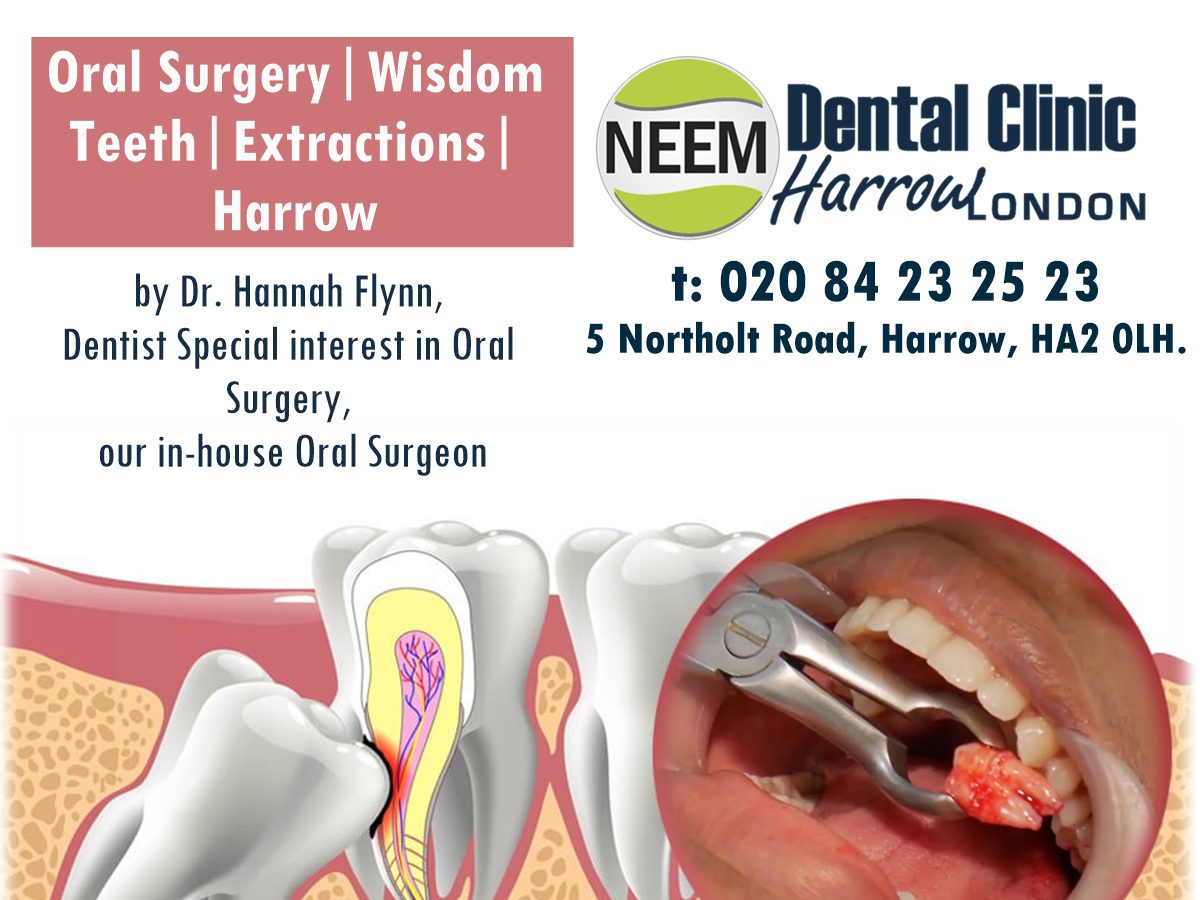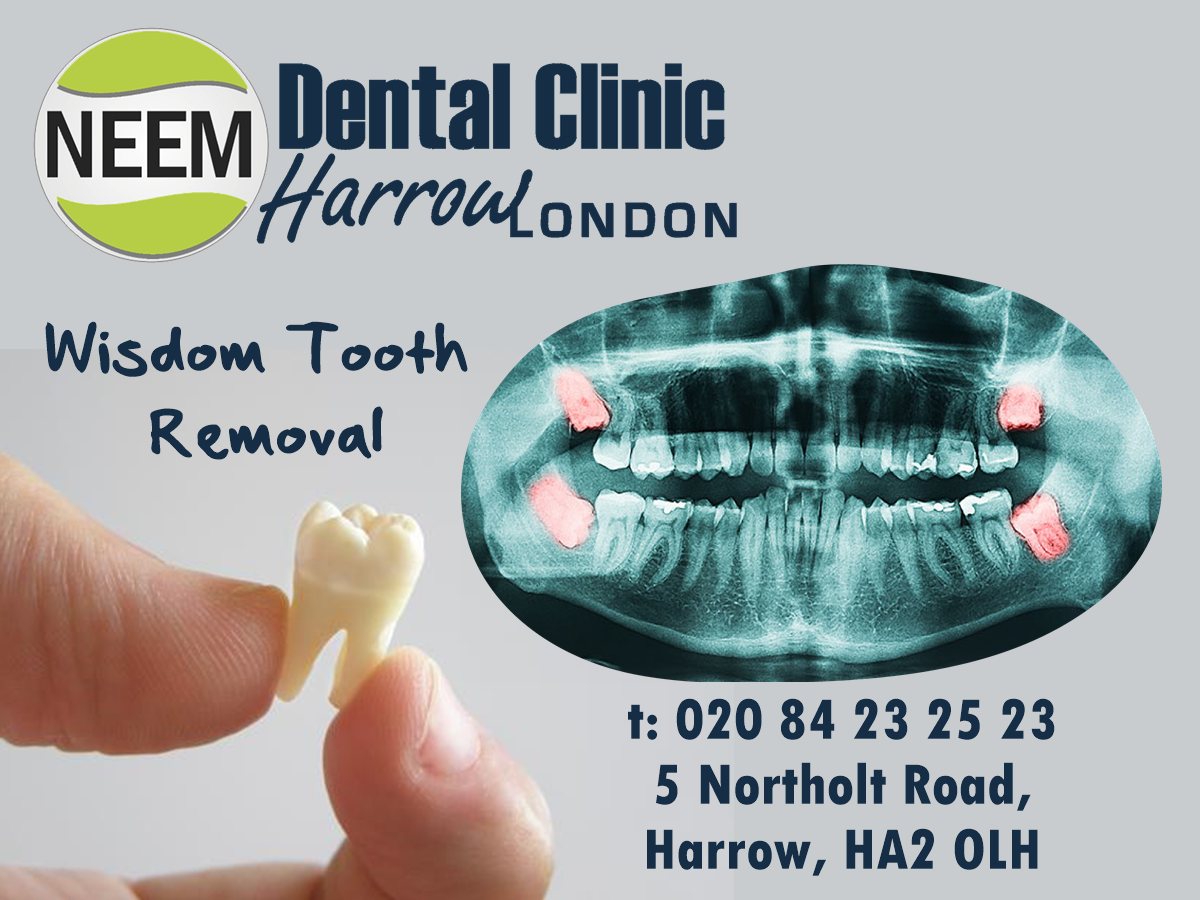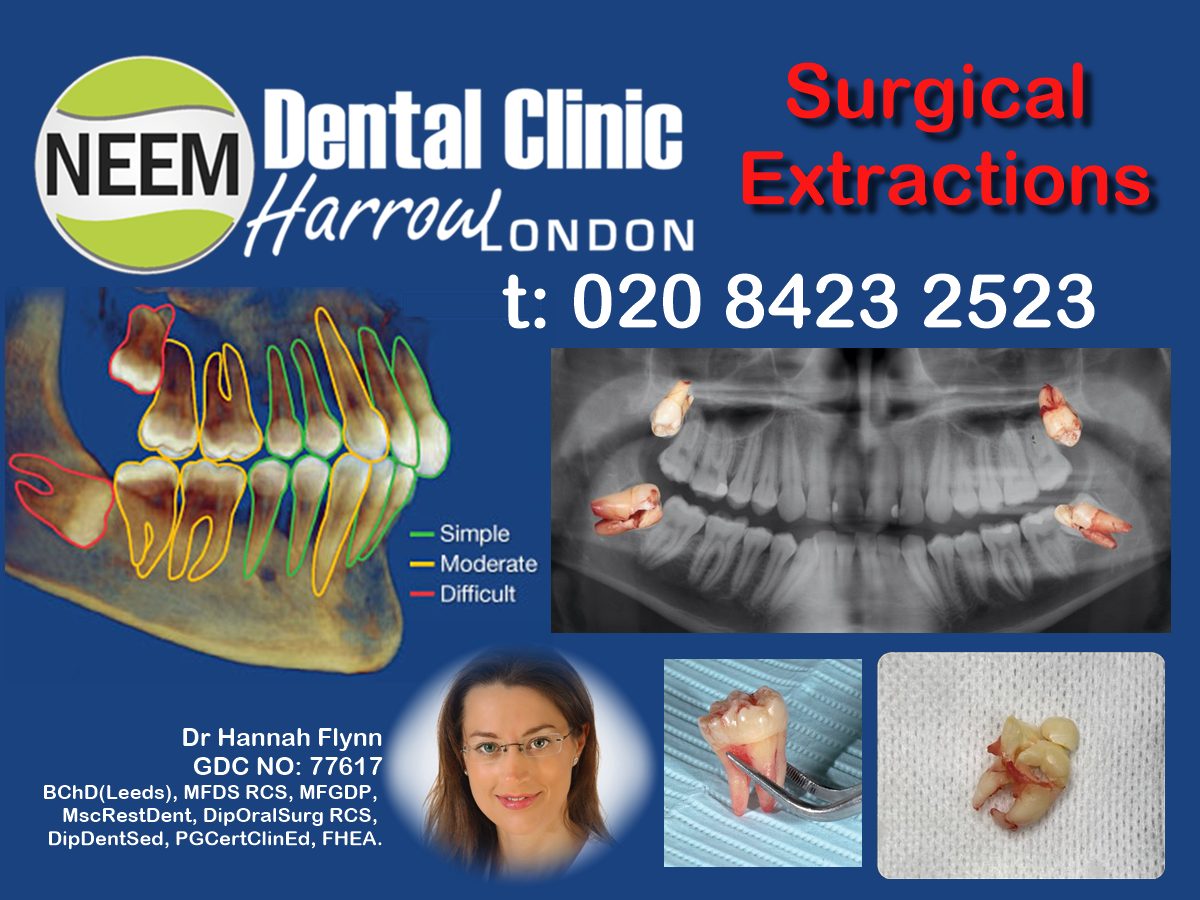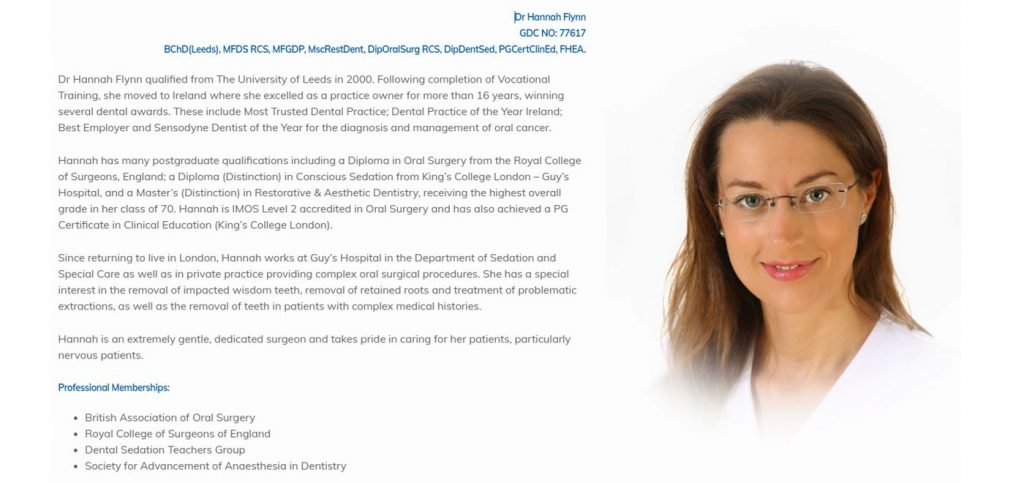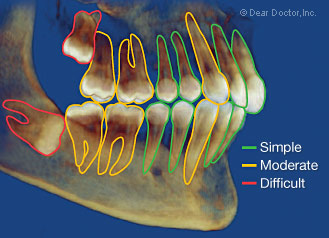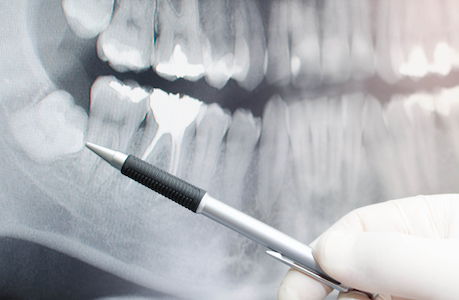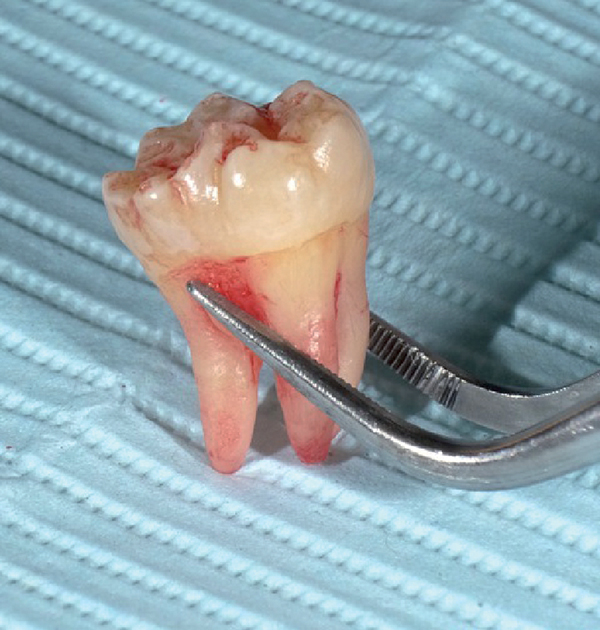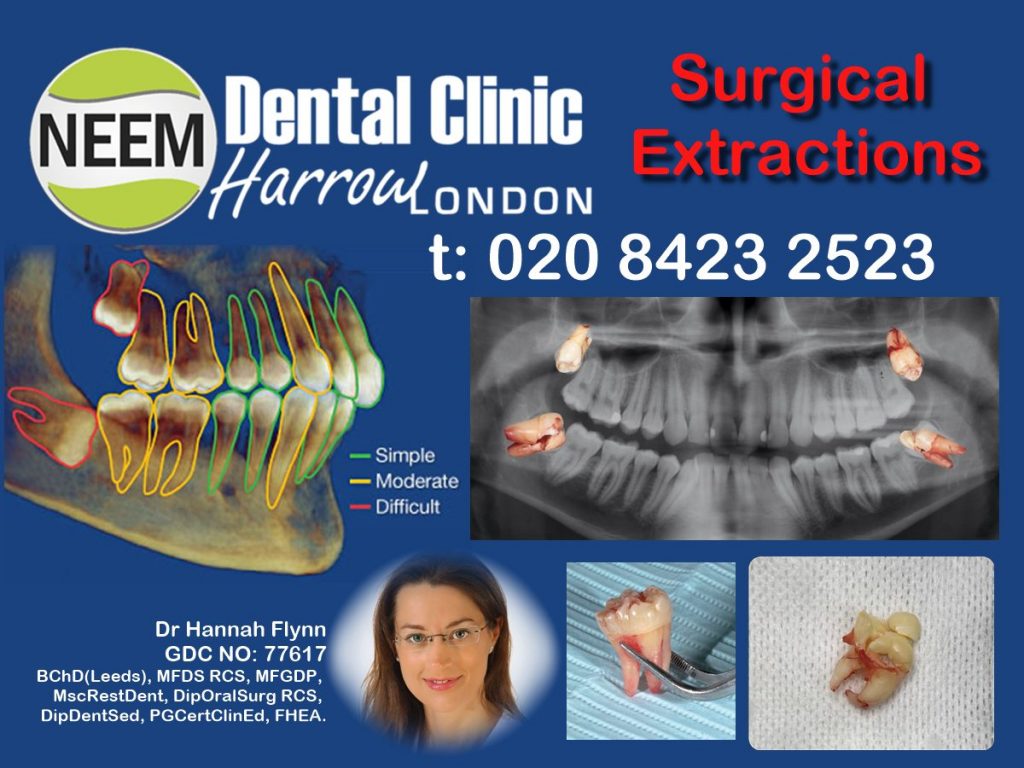
Dr. Hannah Flynn, Dentist Special interest in Oral Surgery is our in house experienced oral surgeon who has many postgraduate qualifications including a Diploma in Oral Surgery from the Royal College of Surgeons, England; a Diploma (Distinction) in Conscious Sedation from King’s College London – Guy’s Hospital, and a Master’s (Distinction) in Restorative & Aesthetic Dentistry, receiving the highest overall grade in her class of 70. Hannah is IMOS Level 2 accredited in Oral Surgery and has also achieved a PG Certificate in Clinical Education (King’s College London). She is available for difficult/complex extractions and all oral surgery procedures.
#Dentist #Near #Me #Harrow #Wembley #Northolt #Road #Neem #Dental #Clinic #Emergency #Cleaning #Checkup #Root #Canal #Treatment #Toothache, #Broken #Cracked #Teeth, #Infected #Wisdom #Teeth #Appointments #Same #Day #Tooth #Extraction, #Abscess, #Braces, #Chipped. #Braces. #Veneers. #Toothache. #Mouth #Swelling

